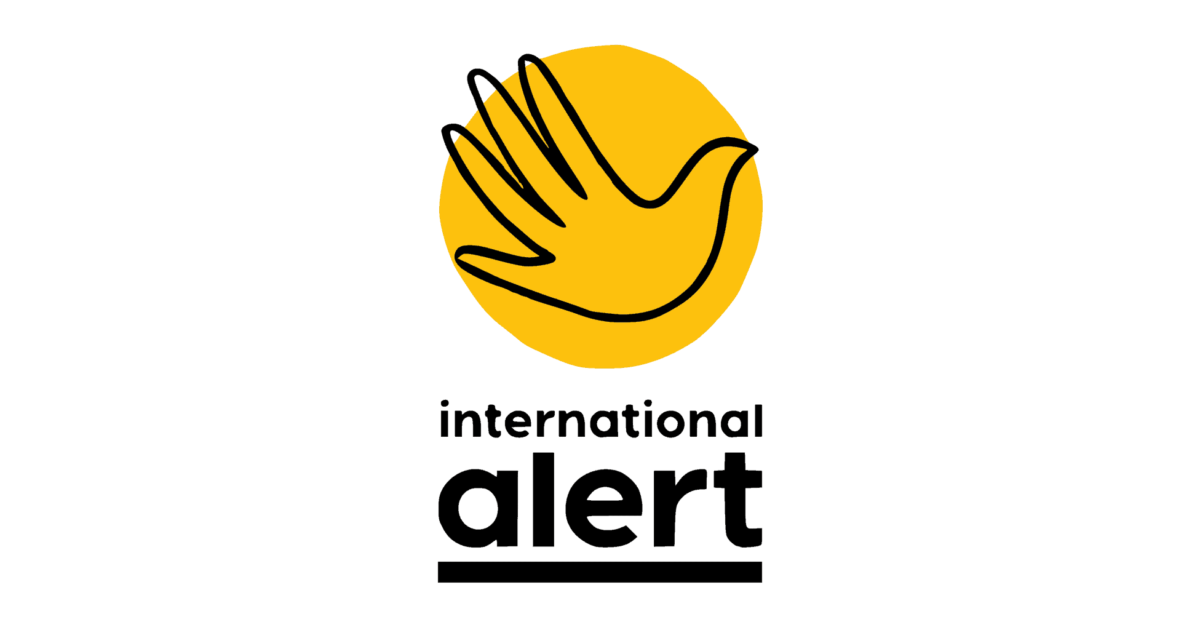Côte d’Ivoire
Côte d’Ivoire
Currently, Cote D’Ivoire ranks as one of the worst African economies on the Global Gender Gap Index, and despite having ratified the Convention on the Elimination of All Forms of Discrimination against Women (CEDAW), and implemented a National Action Plan per Resolution 1325, inequality, discrimination and violence against women still persist.
After conflict resurfaced in 2010 in the aftermath of disputed elections, women comprised the majority of conflict-related casualties and displaced persons, and continue to be exposed to greater risk. Women are essential for building sustainable peace in Côte D’Ivoire, as evidenced by the work of women on both sides of the conflict. Attempting to discuss their grievances and move forward together, they continue to be systematically excluded from DDR and SSR processes.
Based on the work of NGOWG members and their partners, the NGOWG advocates for increased mechanisms to monitor and enforce the implementation of Cote D’Ivoire’s National Action Plan, and to ensure the fair and full inclusion of women in all of the country’s future elections.
Current and Past Recommendations to the UN Security Council (Monthly Action Points)
In light of the UNOCI mandate renewal due on 30 June, the Council is urged to give particular consideration to the rights of women across all areas of its mandate, and to ensure peacekeeping forces prioritize their protection. The Council should:
- Insist that the government, the UN system and Member States actively include women in discussions on restoring stability;
- Request information about the status of women, including those who may be targeted for ethnic and/or political violence, and refugee and internally displaced women who have been subjected to gender-specific violence;
- Ensure justice for the crimes under international law committed by any side, including sexual or gender-based crimes;
- Support the International Commission of Inquiry created by the Human Rights Council and the office of the Prosecutor of the International Criminal Court, including by urging all relevant actors to grant investigators full access to all relevant documents, evidence and persons; and demand that those cooperating with the investigations are protected from reprisals;
- Support the creation of a program for immediate and effective assistance to victims of gender-based violence, in particular to ensure that victims of rape and other forms of sexual violence have access to appropriate health services;
- Urge the UN to thoroughly assess continuing protection needs with a view to redeploy peacekeepers in certain areas where reprisals and other violence against civilians may be ongoing, and to evaluate and publish an assessment of the role played by UNOCI in the post-28 November 2010 events, in order to draw lessons on how the UN could better contribute to the protection of civilians, in particular women, in similar situations in the future.
In light of the UNOCI mandate renewal due on 30 June, the Council is urged to give particular consideration to the rights of women across all areas of its mandate, and to ensure peacekeeping forces prioritize their protection. The Council should:
- Insist that the government, the UN system and Member States actively include women in discussions on restoring stability;
- Request information about the status of women, including those who may be targeted for ethnic and/or political violence, and refugee and internally displaced women who have been subjected to gender-specific violence;
- Ensure justice for the crimes under international law committed by any side, including sexual or gender-based crimes;
- Support the International Commission of Inquiry created by the Human Rights Council and the office of the Prosecutor of the International Criminal Court, including by urging all relevant actors to grant investigators full access to all relevant documents, evidence and persons; and demand that those cooperating with the investigations are protected from reprisals;
- Support the creation of a program for immediate and effective assistance to victims of gender-based violence, in particular to ensure that victims of rape and other forms of sexual violence have access to appropriate health services;
- Urge the UN to thoroughly assess continuing protection needs with a view to redeploy peacekeepers in certain areas where reprisals and other violence against civilians may be ongoing, and to evaluate and publish an assessment of the role played by UNOCI in the post-28 November 2010 events, in order to draw lessons on how the UN could better contribute to the protection of civilians, in particular women, in similar situations in the future.
Relevant Resources







